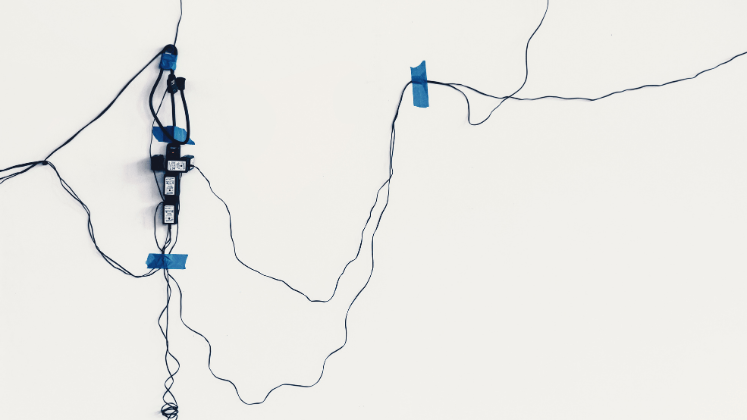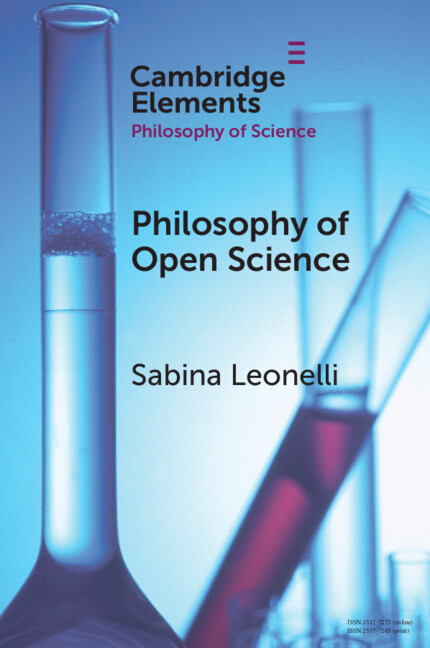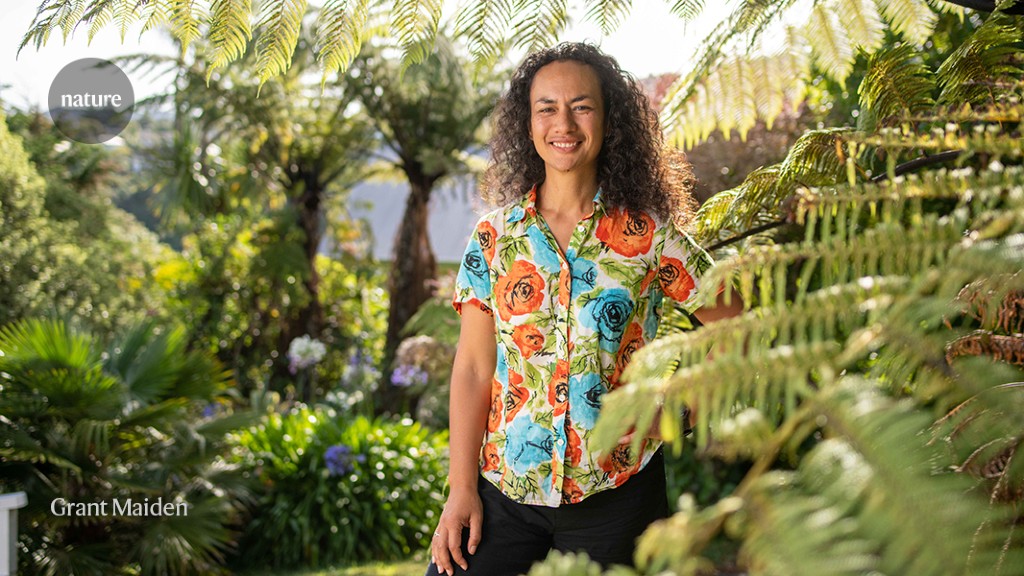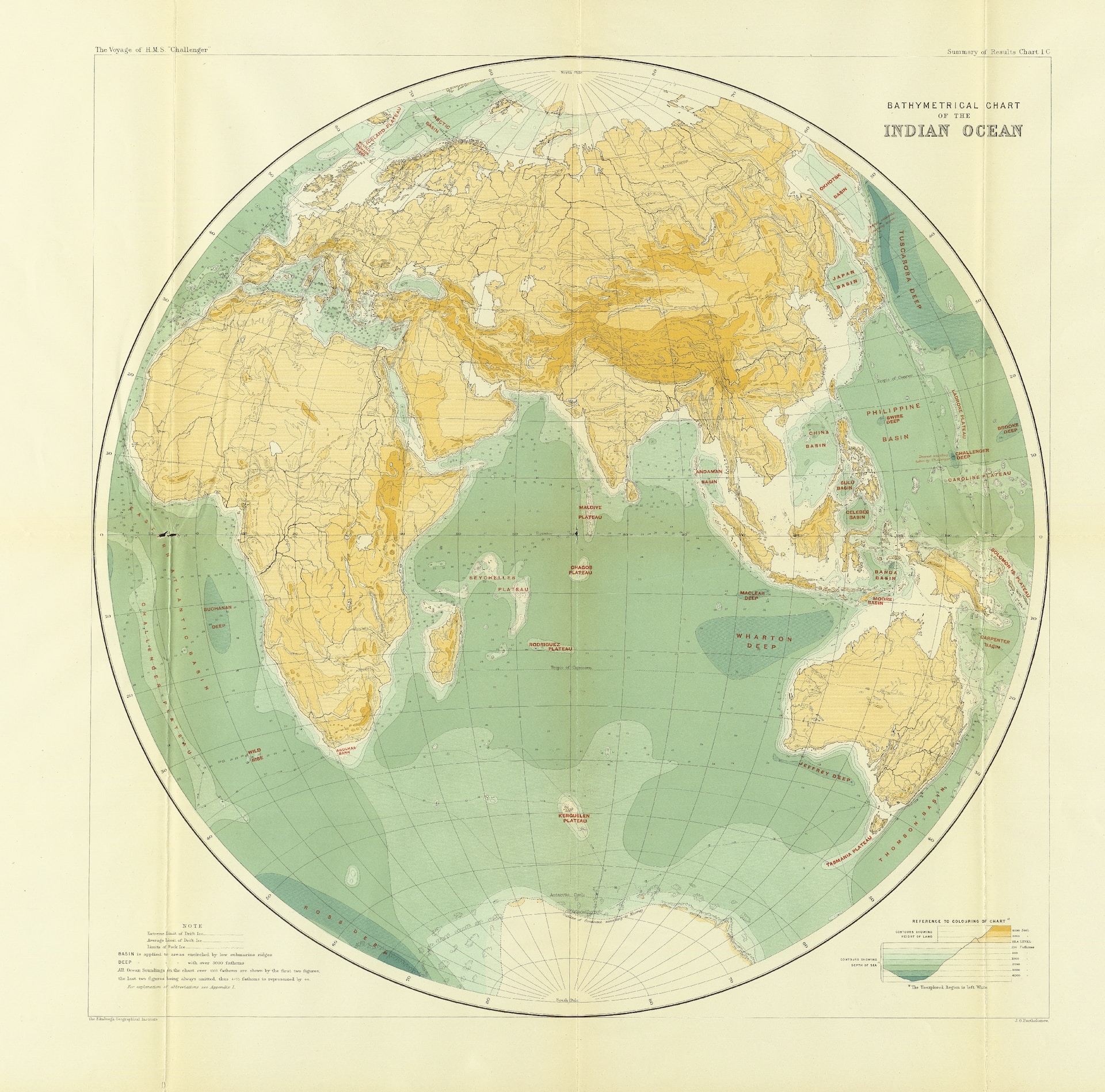The Slippery Slope of Scientific Ethics

opinion articles
Send us a link


Five years after launching, the Plan S open-access initiative must retain its founding principles.

The economists say more frequent use of up-front experiments would result in more effective environmental policymaking in areas ranging from pollution control to timber harvesting across the world.
The assault of Israeli government on democratic institutions and principles is an imminent threat to Israeli academia, which relies on a solid democratic foundation.
Open science is increasingly becoming a policy focus and paradigm for all scientific research. Ismael Rafols, Ingeborg Meijer and Jordi Molas-Gallart argue that attempts to monitor the transition to open science should be informed by the values underpinning this change, rather than discrete indicators of open science practices.


The National Science Foundation and National Institutes of Health are frequently described as the world’s gold standard for scientific funding. Operationally, however, they are not keeping pace with progress at the scientific frontier.
Reflecting on his role as an academic and member of a research funding organisation, Duncan Green, considers how impact has in some ways still not become embedded in research culture and is often treated a bureaucratic hurdle to overcome.




Kaitlin Thaney argues the current momentum building for “no pays” academic publishing models and establishing the “reasonable costs” of publication, present opportunities to rebalance the inequities, costs, and power dynamics initially bred by the push towards Open Access “at any cost” over the past two decades.

Recent news of complex embryo models revived debates over stem cells and human cloning. But biology says there’s nothing to worry about.

While some worry "wokeist" ideology could corrupt scientific merit, it could be our problematic understanding of the latter that poses an even greater threat to science, two philosophers argue.



Narrative academic CVs present a means to bypass aspects of a research evaluation culture that is focused on the volume and venue of publications. Drawing on work promoting this format, researchers show how these texts more often foreground the problems they are meant to address, than how the format works in practice.
What role can science play in fostering Global North-South and South-South partnerships?
It’s likely the European Commission will dip into the research programme’s budget for its new sovereignty fund – and this won’t be the first time money has been diverted to other causes. Flexibility to respond to changing circumstances is important, but when is enough, enough?

Developing nations need greater visibility, acknowledgement and support for their research into the United Nations' Sustainable Development Goals (SDGs).
Shaping Horizon Europe's successor means learning from past setbacks.


We live in a society where scientific models surround us. They are used for everything from creating weather bulletins and making climate projections to providing economic forecasts and informing policies for public health.

